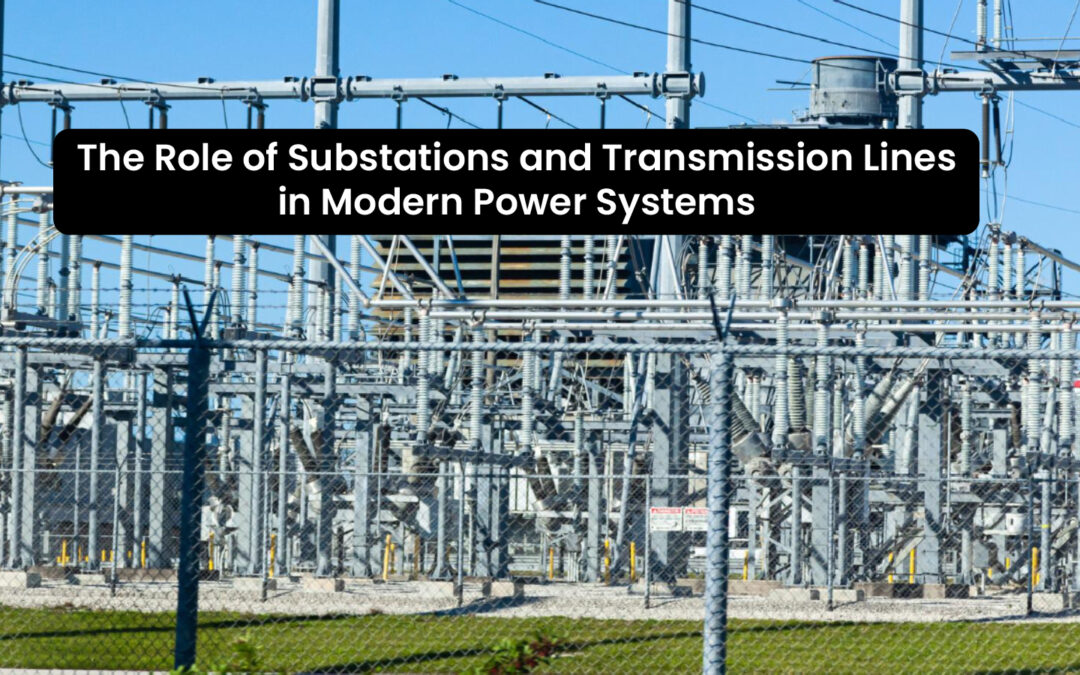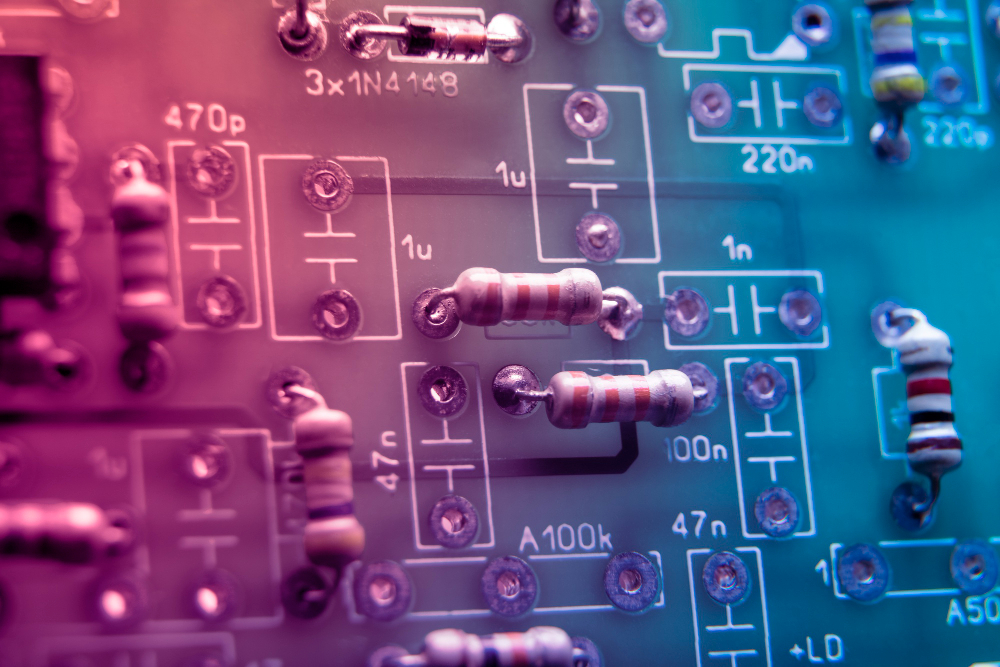
by Anamika | Mar 19, 2025 | Blog
Ground Resistance or Earth Resistance, refers to the ability of the ground to safely absorb electrical current, acting as a crucial safety mechanism by providing a low-resistance path for fault currents to flow into the earth, preventing electric shocks and equipment...

by Bhaskar | Feb 20, 2025 | Blog
Renewable energy Solutions refers to power generated from natural sources like sunlight, wind, and water, which are constantly replenished. For businesses, switching to renewable energy is becoming essential, as it helps reduce operating costs and meet sustainability...

by Bhaskar | Jan 27, 2025 | Blog
Electrical Breakdown— the sudden loss of power creates a substantial challenge for businesses today. Whether arising from weather disturbances, power grid failures, or equipment breakdowns, these interruptions can lead to downtime, financial losses, and damage to...

by Bhaskar | Jan 2, 2025 | Articles
At Manav, we drive progress with purpose, ensuring businesses don’t just adapt to the world’s shift toward cleaner energy—they lead it. As industries face mounting pressure to achieve sustainability, relying on traditional methods is no longer enough. The future...

by Bhaskar | Dec 9, 2024 | Blog
A substation is a key component of an electrical power system that transforms and distributes electricity from power plants to end-users. Substations are typically located near cities or large industrial areas and can be found in both urban and rural areas. They are...

by Bhaskar | Nov 12, 2024 | Blog
Introduction to Electrical SafetyElectrical safety refers to the precautions and strategies employed to prevent electrical hazards in workplaces, homes, and industrial settings. These hazards, if not mitigated, can result in serious injuries or accidents. Whether you...

by Bhaskar | Aug 21, 2024 | Blog
Understanding Cathodic Protection Systems Cathodic Protection (CP) systems are a critical technology used across various industries to prevent corrosion in metal structures, such as pipelines, storage tanks, and offshore platforms. By applying an electrical current or...

by Bhaskar | Jul 11, 2024 | Blog
Tips to Ensure electrical and electromagnetic safety in Industrial Labs Industrial labs are used to research different fields, including accident investigation, failure analysis & prevention, manufacturing, and material development in various market segments,...
by Bhaskar | May 20, 2024 | Articles
Today, we celebrate the birthday of our exceptional Managing Director, Savitha Banerjee. With a career spanning over three decades, Savitha’s journey is a testament to her dedication, expertise, and visionary leadership.Savitha began her career in 1991 as an...

by Bhaskar | May 17, 2024 | Case study
High voltage direct current (HVDC) conductor designs play a pivotal role in the efficiency and reliability of power transmission infrastructure. The evaluation of these designs for electromagnetic suitability is a complex and critical task that demands precise...










